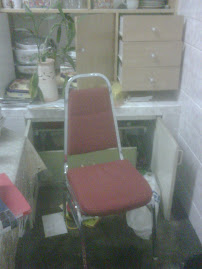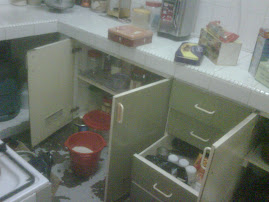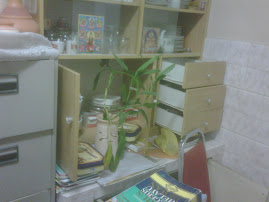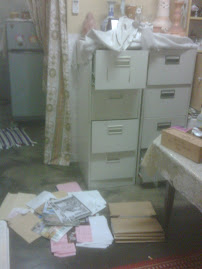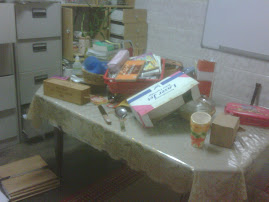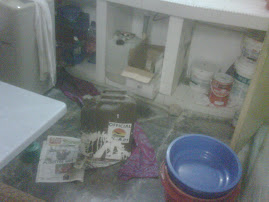Composite material used by Malaysian-based Whyndham Homes is set to make waves and poised to be a game changer in the local construction industry.
This endorsement comes from the Construction Industry Development Board (CIDB) Chief Executive Dato Seri Dr Judin Abdul Karim who likened the composite material as being a very promising material very applicable in the construction industry.
“Composite material is a very promising material. Composites are also used in very high technology applications like boats and aircraft.
“I think it is a very exciting material. There are very few players dealing with composites but there again there are many types of composites but composites definitely is a very exciting material which is very light,” said Dr Judin recently in response to Wyndham Homes being licensed as the latest IBS builder by CIDB.
Wyndham Homes has come up with its Malaysian-made trademarked composite material MyWall which can be used in housing construction.
MyWall stems from Deutsche Composite who is in technical partnership with Wyndham Homes that has laid claims to being able to put up houses within a week.
Dr Judin said that if you could build a building without using traditional material then you can actually do it much faster, much cleaner and have a much better predictable product.
“I would say we definitely welcome this new material which many people would not have realised it yet but it is going to be a game changer.
CIDB which is aggressively pursuing the eventual conversion of the construction industry into becoming IBS (industrialised building systems) compliant also added Wyndham Homes as the latest IBS builder in Malaysia.
Referring to the MyWall composite material, Dr Judin said that it used green technology “because you save the forests which now provide timber used in traditional construction methods.”
If you look at it and the energy used in making this product as opposed to the amount of energy used in producing concrete for example, and the amount of labour that is required to put up a building, there is lot of savings there.
Some of these products, he said, could be recycled as well.
MyWall is expected to set the pace for a radically new housing concept with the world’s fastest energy-saving composite construction material based on fibre-reinforced polymers.
MyWall is made of a sandwich panel which incorporates special constituents and production techniques using PIR (polyisocyanurate) as the core material for the product.
This is a material that can be used to build houses without cement, steel and bricks and is used also in industrial applications, floating systems and disaster proof construction.
On the durability and acceptance of this product, Dr Judin said that house buyers needed some kind of assurance before they could accept and that’s why the look and feel is important.
“If you have composite material coming in, you can actually save on energy. The building put up with composites can actually be termed as “free” from the time it is built given the savings it can give you energy.
He said that people do not realise that there is also wastage in the cost of using a building which can be more than the building itself.
Our electricity at the moment is cheap because it is subsidised and the government is moving away from subsidies as it can cause distortions. At the moment the energy flows up and people do not realise that with buildings , the energy costs are escalating because of air conditioning which produce carbon emissions and that’s not green at all.
“A green building is not only in the material being used but it should be green when it is in use.”
Composite material, Dr Judin said, did not necessarily mean it must only be used in building affordable houses. If this material can be used in building yachts, then there is no reason why it cannot be used in the construction of luxury homes. It is good for luxury villas
“We must realise that this material is actually very good and can be used for any type of building and above all it is fire-proof.” - Ends





.jpg)
.jpg)


